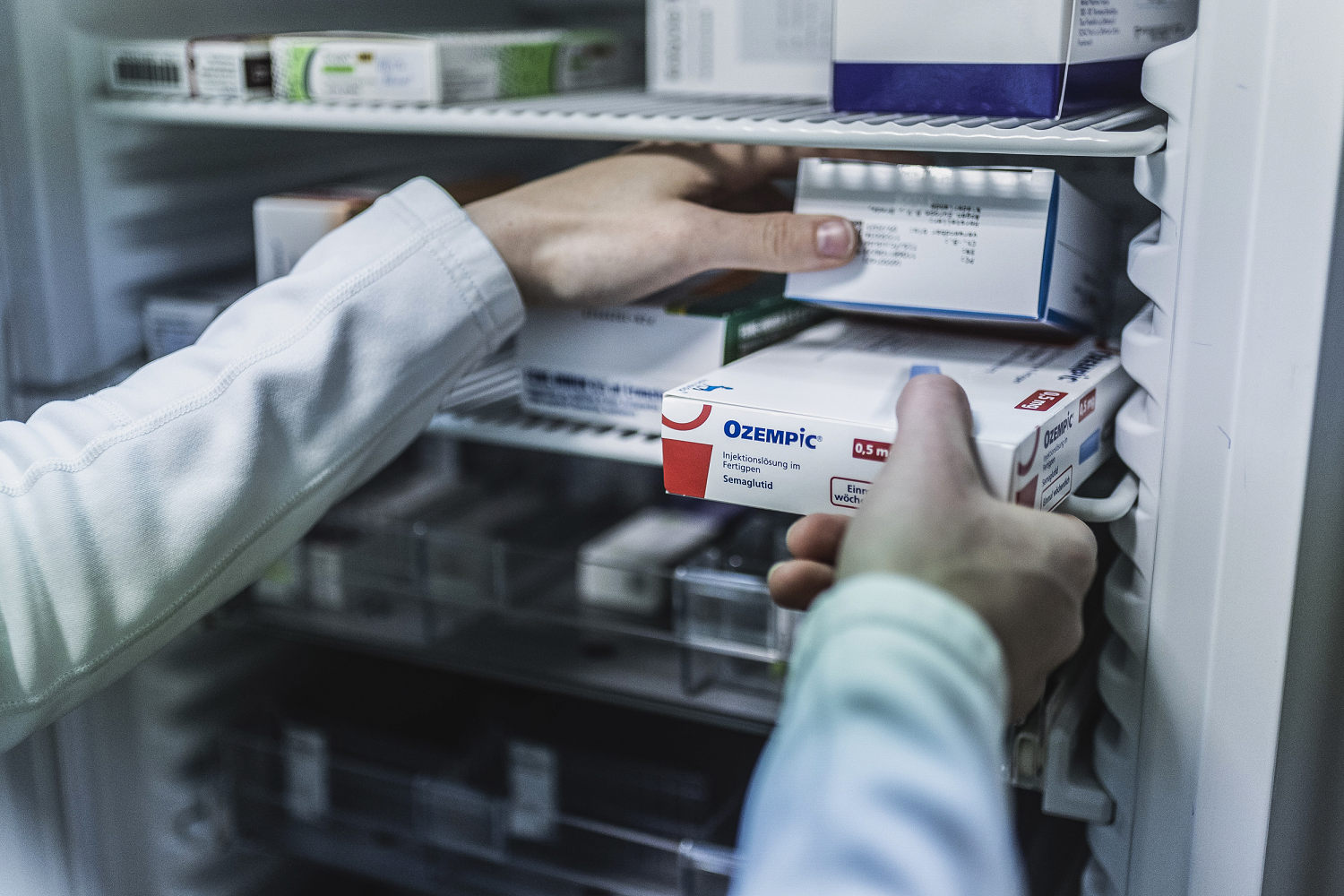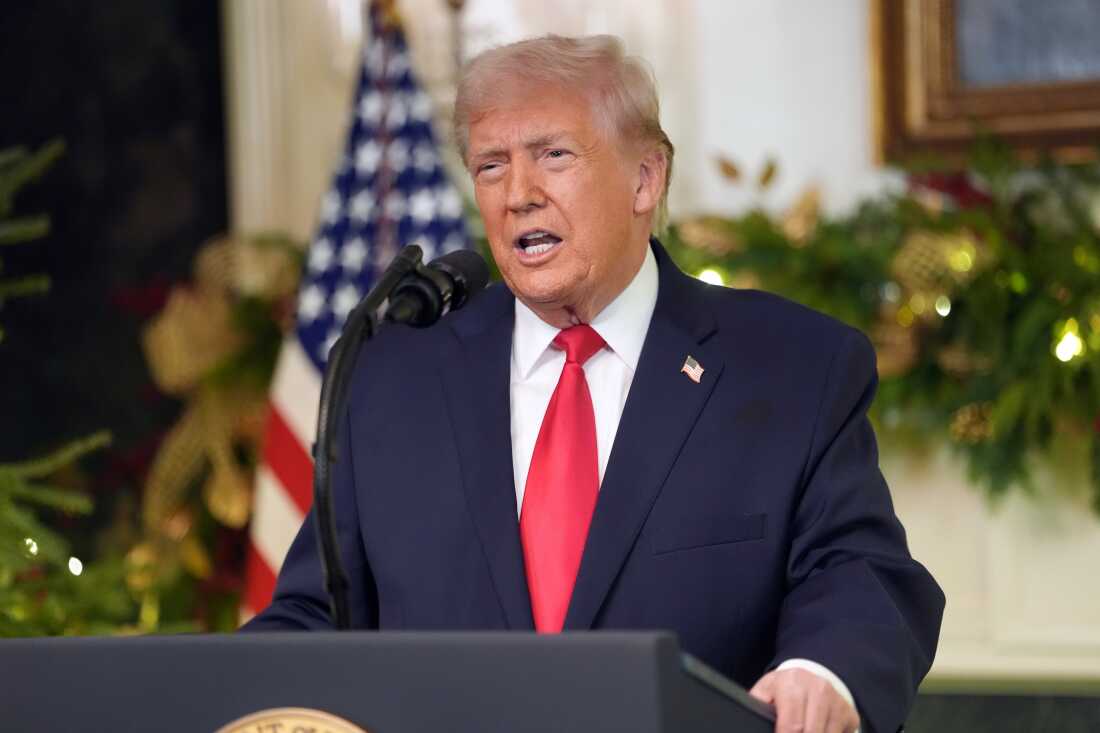

President Donald Trump’s trade deal with the European Union may lead to higher prices for brand-name drugs in the United States, including blockbuster medications like Ozempic and Wegovy, experts say.
The trade deal, announced Sunday, places a 15% tariff on most imported goods from the E.U., including pharmaceuticals. While that comes in well below the 200% tariffs Trump had threatened on pharmaceutical imports earlier this month, it’ll still have an impact.
Pharmaceuticals are the United States’ fifth largest import, said Dr. Aaron Kesselheim, a professor of medicine at Harvard Medical School.
Europe is a major manufacturing hub for brand-name drugs in particular. Nearly half of the active ingredients for brand-name drugs taken in the U.S. are produced in European countries such as Ireland, Germany, Italy and Belgium, Kesselheim said. Europe is also where many drugmakers do final steps, such as filling and packaging.
Novo Nordisk’s diabetes and obesity drugs Ozempic and Wegovy are both produced in Denmark. Botox, made by Allergen, and the cancer drug Keytruda from drugmaker Merck are made in Ireland. (In recent years, however, more of Keytruda’s manufacturing has shifted to the U.S.)
While brand-name drugs only account for about 10% of prescriptions filled in the U.S., they make up about 80% of all drug spending, Kesselheim said.
“That’s because they’re priced so high,” he said. “Each individual [generic] statin is pennies, whereas Botox is thousands to tens of thousands of dollars.”
In the short term, drug companies might increase the list prices of these products to account for the higher cost, said Rena Conti, an associate professor at Boston University’s Questrom School of Business.
“U.S. consumers will pay more at the pharmacy counter for these drugs,” Conti said. “What patients pay at the pharmacy counter reflects drug companies’ set price list.”
Kesselheim said it’s an open question whether patients would even notice the higher prices, given that brand-name drugs are already so expensive.
“The drug prices are already two to three times higher in the United States than they are in other countries,” he said. “There is a lot more room for drug companies [to charge more.]”
Generic drugs, on the other hand, are often sold at close to the cost that they’re made. About 9 out of 10 prescription drugs taken in the U.S. are generics, Kesselheim added.
The Pharmaceutical Research and Manufacturers of America, a drug industry trade group, did not immediately respond to a request for comment.
The E.U. tariffs aren’t expected to affect the prices of many generic drugs.
Some generic drugs are made in Europe, but the majority are manufactured in countries like China and India, said Arthur Caplan, the head of the division of medical ethics at NYU Langone Medical Center in New York City.
There have been concerns that tariffs on these countries could drive up the cost of generic drugs and exacerbate drug shortages. Generic drugs aren’t a lucrative enough business for companies to invest in new manufacturing facilities in the U.S., Caplan said.
A spokesperson for the Association for Accessible Medicines, a trade group that represents generic drugmakers, said the group is still assessing the potential impact of the tariffs as well as the specifics of the trade deal.



